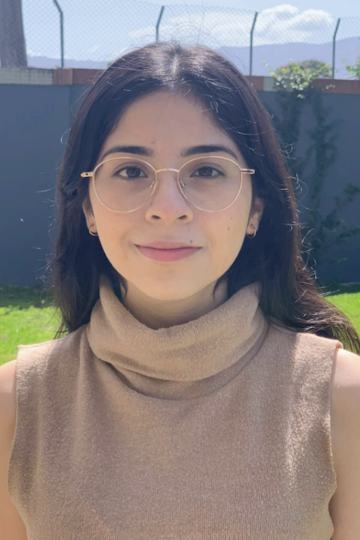“I am always surprised to see how people fear radioactive waste more than all the problems caused by a lack of energy. My objective is to work in a diverse scientific community, researching ways to get a fully closed nuclear fuel cycle, thus solving the radioactive waste problem that is one of the main concerns about nuclear energy today.
And the most important for me is to inspire other young women in any country to not give up on their dream of working in the nuclear field. Since my first year at university, I always had to combine jobs and studies to help my parents pay my tuition fees, which was not an easy thing. With the IAEA MSCFP, things are different because they took away my financial stress, gave me the opportunity not just to do the master’s studies of my dream, but also to fully concentrate on my studies and research."
Flora Mbouyom from Cameroon, studying nuclear energy at the IMT Atlantique Bretagne-Pays de la Loire, France














